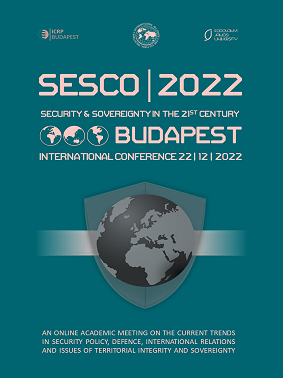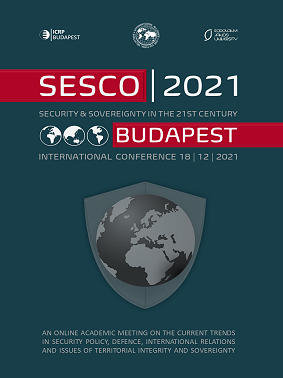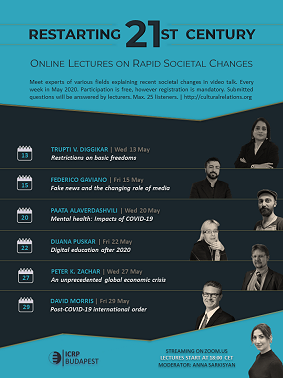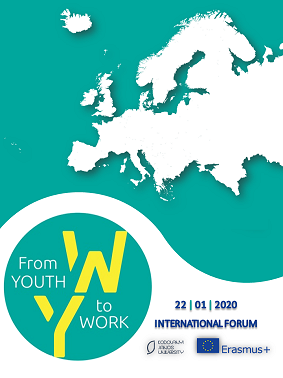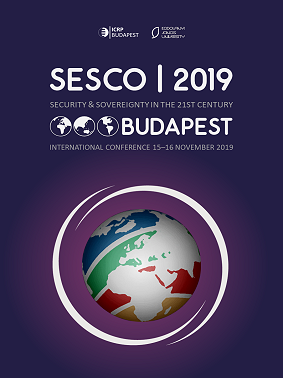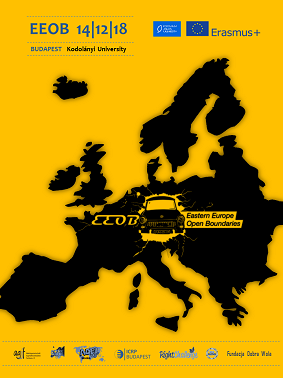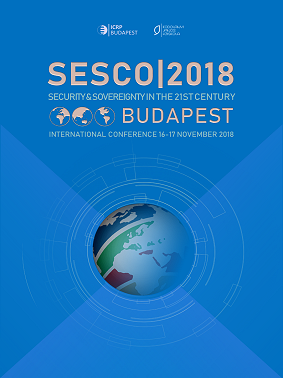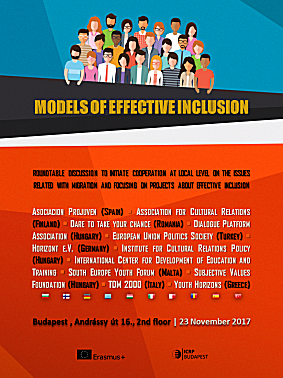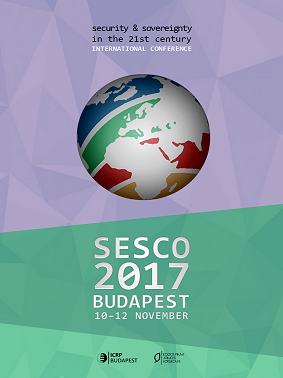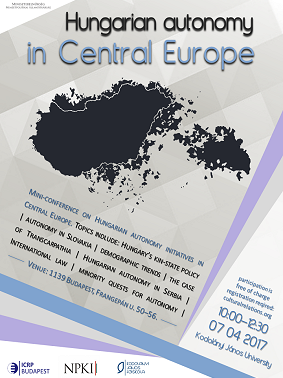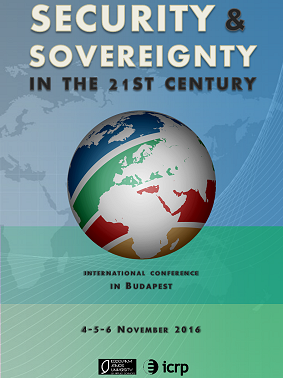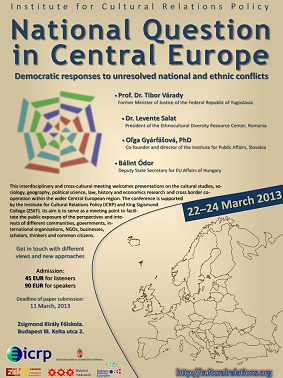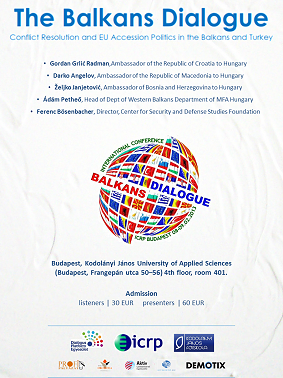- Show All
- Conferences
SESCO 2022
SESCO 2021
SESCO 2020
Restarting 21st century
From youth to work – international forum
SESCO 2019
Eastern Europe Open Boundaries – international forum
SESCO 2018
Belt and Road: China-CEE relations in the 21st century
Models of effective inclusion
SESCO 2017
Hungarian autonomy in Central Europe
SESCO 2016
Borderless Europe
National Question in Central Europe
The Balkans Dialogue
ICRP International Conferences Scheme
Conferences generally last for three or four days and up to 50 participants and invited speakers may be accepted to attend. Members of ICRP Advisory Board select participants on the basis of applications. Applications shall be submitted three months prior to the conference. A conference fee is charged to the participants.
The core activities of ICRP discussions and conferences are based on the lectures by invited researches who are leaders in their respective fields, politicians, diplomats and well-known people related to cultural relations policy.
Invited participant who submitted their papers earlier can make their presentation in the section for students and young researchers.
An informal exchange of ideas, both inside and outside the lecture room is encouraged, and the number of sessions in the daily timetable is limited in order to allow sufficient time for interaction between the participants. ICRP supports initiatives for forums on the topics related to recent researches as well as ideas, which may not be fully explored.
5-6 hours per day lecture room activities. Lunch break is provided.
Afternoons are kept free of lectures (sightseeing and visiting partner institutions). Social and free-time activities are available in the evenings.
Research areas:
The following topics are only examples of the main themes ICRP focuses on. Additional topics warmly welcomed.
- Theoretical approaches to cultural relations policy discipline
- Research of the motives regarding current international events concerning cultural relations policy
- Intercultural relations (current trends in International Relations, interstate affairs, dialogue of religions, cultures and civilizations)
- Intra-cultural relations (kin-state policies, pan-nationalism, macro-nationalism, policies of host countries, friendship in World Politics)
- Group relations within the state (multiethnic state, minority protection, ethnic groups strategy)
- Case studies
- Foreign policy analysis
- Human rights, rights of ethnic and racial minorities
- Nationalism and post-nationalism studies
